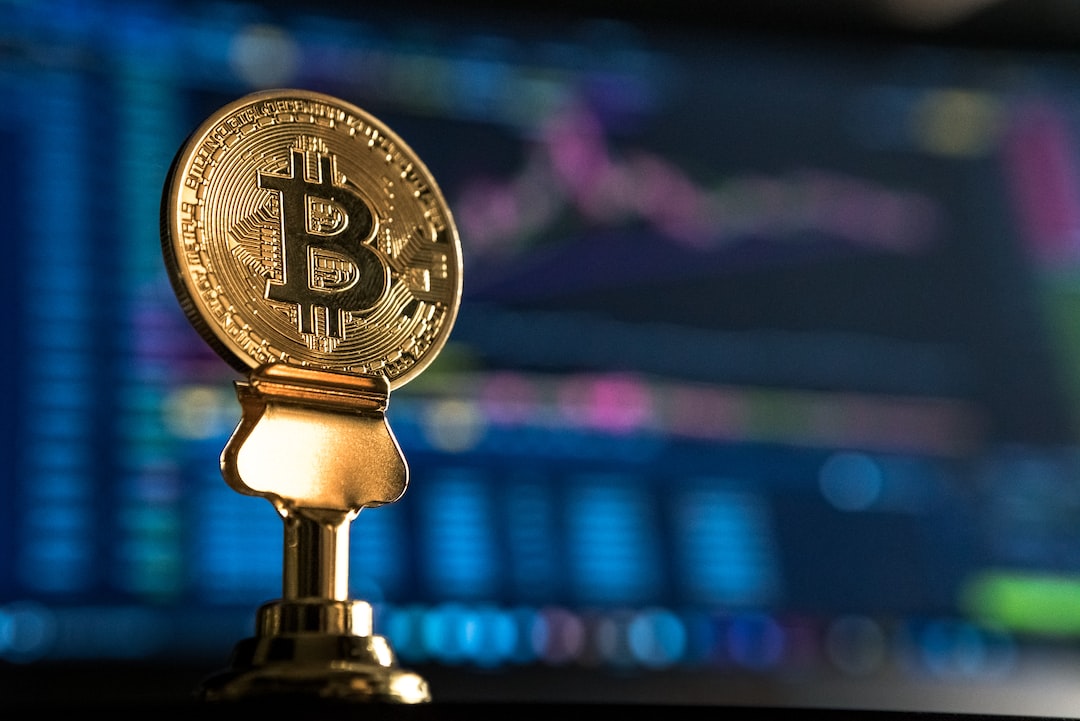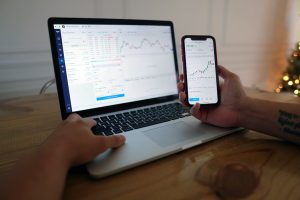Forex trading has become a popular investment option for traders all over the world. However, choosing the right forex broker can make a significant difference in your trading experience. With so many forex brokers to choose from, it can be challenging to know what to look for. In this article, we will discuss the key factors to consider when choosing a forex broker.
Regulation
The first thing to look for in a forex broker is whether they are regulated by a reputable financial authority. Regulated brokers are required to adhere to strict financial and operational standards, which provide traders with a level of protection. Regulatory bodies such as the Financial Conduct Authority (FCA) in the UK, the Commodity Futures Trading Commission (CFTC) in the US, and the Australian Securities and Investments Commission (ASIC) are some of the most respected in the industry. Always check a broker’s regulatory status before opening an account.
Trading Platform
The trading platform is the software used to execute trades and manage your account. A good trading platform should be user-friendly, stable, and offer a range of tools to help you make informed trading decisions. Popular trading platforms include MetaTrader 4 and 5, cTrader, and Trading Station. Some brokers may offer their proprietary trading platform, which can be just as good as third-party platforms. It is recommended to test a broker’s trading platform using a demo account before opening a live account.
Trading Costs
Forex brokers make money through spreads and commissions. Spreads are the difference between the bid and ask price, while commissions are charged on a per-trade basis. It is important to compare the trading costs of different brokers before choosing one. Some brokers offer variable spreads, while others offer fixed spreads. Fixed spreads can be more predictable, but variable spreads can be lower during times of high market volatility. Always consider the trading costs when choosing a forex broker.
Leverage
Leverage allows traders to open positions larger than their account balance. For example, if a broker offers 1:100 leverage, a trader can open a position worth $100,000 with a $1,000 account balance. While leverage can increase profits, it also increases the risk of losses. It is important to choose a broker that offers reasonable leverage and to use it responsibly. Most regulated brokers offer leverage up to 1:30, but some offshore brokers may offer higher leverage.
Customer Support
A good forex broker should provide excellent customer support. This includes offering multiple ways to contact support, such as email, phone, and live chat. The support team should be knowledgeable and responsive to any queries or concerns. Some brokers may also offer educational resources such as webinars, tutorials, and trading guides. Always check a broker’s customer support before opening an account.
Account Types
Forex brokers may offer different account types to suit different trading styles and experience levels. For example, a broker may offer a standard account for beginners and a professional account for experienced traders. Some brokers may also offer Islamic accounts for traders who follow Sharia law. Always check a broker’s account types to see which one suits your needs.
Conclusion
Choosing the right forex broker can make a significant difference in your trading experience. When choosing a forex broker, always consider their regulatory status, trading platform, trading costs, leverage, customer support, and account types. By doing your due diligence, you can find a trustworthy broker that meets your trading needs.





